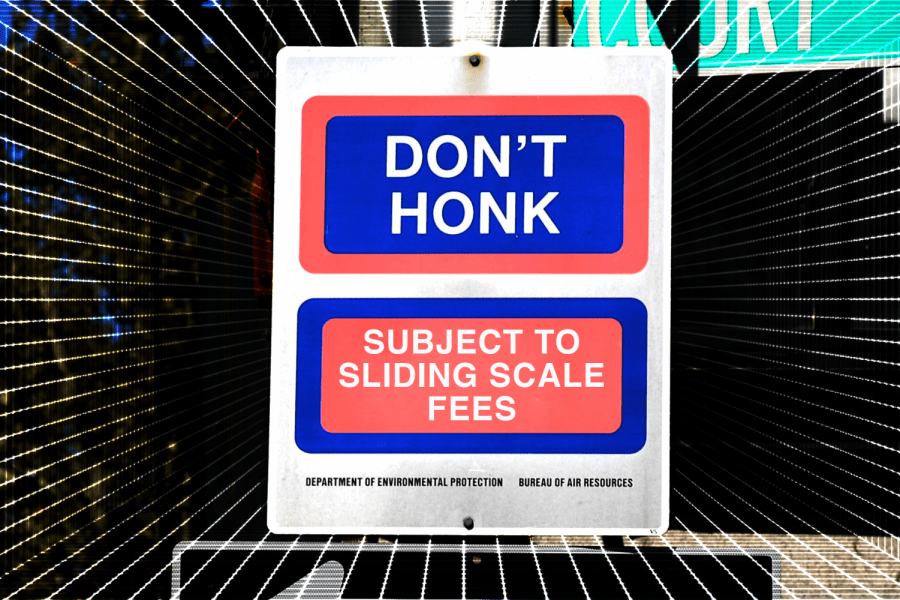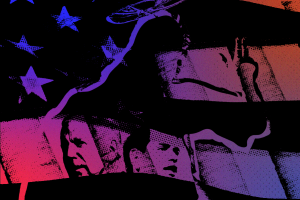Sliding Scale Fines and Why Criminal Justice Reform Needs To Adjust to Civil Law
While this might be a petty change for some, changing the fine system has no cons
September 21, 2021
There are conflicting reports as to how much money Jeffrey Bezos spent on parking tickets in 2020. Some articles gave an estimate of $16,000 and others gave an estimate of $23,000, but the common conclusion is clear: Parking fines mean nothing to the rich.
Parking and driving laws are usually in the realm of civil law, meaning that breaking those laws usually results in fines as the punitive measure of choice. These fines are mostly flat fees and can be unaffordable for some, but they don’t stop those who have money to burn. To the rich, a finable offense like parking in a restricted area is something they can buy, with a price tag that does not serve as a punishment or deterrent.
While some may want to abolish the fine system altogether, it still works as a deterrent for some and is a large source of revenue for cities like New York. Instead of the current fine system, a sliding scale fine would more successfully deter people regardless of wealth.
A sliding scale fine is a fine proportional to a person’s yearly declared income. Instead of everyone paying the same amount per offense, fines would be determined by the court issuing the ticket based on the violator’s income the previous year. This system could be structured in a multitude of ways, but any one of them would be fairer than what we currently have in place.
If this seems outlandish to you, think about why a fine exists. If the point of a fine is to deter people from committing certain acts, the fine should actually be the factor that keeps people from parking near a fire hydrant or speeding in a school zone. It’s not only about deterrence but also about the willingness to take the risk.
Clearly, one would be less likely to park in a zone if it cost $900 when caught instead of $75. The highest parking fine one can currently receive in New York City is $515 (intercity bus unauthorized passenger pickup or discharge), but with sliding scale fines, proportional punishments would be doled out and thus infraction numbers would decrease.
Additionally, New York City’s revenue is reliant on these fines, and this year’s budget aims for a $150 million annual increase in fines and forfeitures. This money will be taken through a flat fee, guaranteeing that this will disproportionally affect the poor. An influx of money, when used responsibly, could do things like fund education and public programming, but it’s important to make sure it doesn’t come from the hands that need it.
Some detractors may argue that this would go against the Eighth Amendment’s clause prohibiting excessive fines. The 2018 Supreme Court decision of Timbs v. Indiana, held that local governments must uphold the constitutionality of the clause. The proportionality spoken about within the opinion is only further evidence that same does not mean equal. Additionally, if necessary, a cap on fines in the sliding scale would also alleviate the stipulation that a fine is “excessive.”
Another potential problem with sliding scale fines is that they would probably be based on income and wouldn’t include capital gains. As many of the uber-wealthy don’t earn a standard income, this would make it harder for any court to evaluate how much the offender should get fined. Under an income-only evaluation, Bezos would be fined based on his income of roughly a million dollars, as opposed to his true wealth or gains from selling stocks, which brings his net worth to an estimated $182 billion.
A call for criminal law reform can be heard loud and wide, but it’s time we call for civil law reform too.
Nevertheless, sliding scales would be beneficial in bridging the income gap between New Yorkers. A wealth evaluation system based on the previous year’s taxes could also help, but the fine implementation would make a world of difference regardless of what system would be adopted.
A call for criminal law reform can be heard loud and wide, but it’s time we call for civil law reform too. Creating a sliding scale fine system will get us one step closer to an equitable and fair government and allow us to have a punishment that truly deters the rich. Calling for sliding scale fines are the tip of the iceberg, but they would make a massive difference for both citizens and cities.















